The project management board "Creating carbon credits in rice production" evaluates the actual results on the project fields.
In the 2024 crop season, the project will be piloted in Yen Phong commune with an area of 90.4 hectares. In order to have a basis for assessing the possibility of expanding the project, technical experts, managers and technical staff of the project consulted with stakeholders and farmers, surveyed the current status (field characteristics, irrigation systems, etc.) for implementation; functional units of the Department of Agriculture and Environment and the District Agricultural Service Center trained and disseminated to people on "Reducing methane emissions in rice cultivation; methods of collecting information and data to create carbon credits" and placed water measuring pipes in Dinh Tan, Dinh Tien and Dinh Tang communes; the project selected 2 rice fields to assess the emission level, including 1 field in the project area and 1 control field selected for comparison.
Participating in the project implementation, project managers, local technical staff, irrigation companies, village leaders, cooperative management boards and households participating in the project were trained in techniques, focusing mainly on water management techniques, advantages and some issues of concern in the alternating wet and dry irrigation system, crop management in the alternating wet and dry irrigation system, determining fertilizer levels and fertilization methods for rice, managing pests and diseases on rice, ensuring the criteria for carbon credit registration, benefits of creating carbon credits in sustainable rice cultivation, water management in the fields and water regulation... The initial training courses have raised awareness and knowledge for trainees on the issue of emission reduction, developing sustainable rice cultivation adapting to climate change.
The project installed 20 PVC pipes to monitor and regulate water in the fields of the project in 4 communes: Yen Phong, Dinh Tang, Dinh Tien and Dinh Tan to monitor, survey and conduct initial exploration to help people gradually approach the project and lay the foundation for implementing the project in the next crop season. In each commune, there will be 1 local officer and 1 project officer in charge of regularly monitoring water levels to report to the project management officer to guide people on fertilization measures and other farming measures in a synchronized manner, following the correct process.
The control field was applied with traditional flooding, while the project field was irrigated with alternating flooding and drying. The control field and the project field were planted with the same variety, on the same day, using similar fertilization methods and planting densities. At each gas sampling field, the project placed 3 fixed sampling locations to facilitate the sampling process and not affect the emission results...
After the 2024 crop season, the project management board and localities in the process of monitoring and evaluating the actual situation in the fields showed that: Compared to areas outside the project, the project fields saved 3-4 times of irrigation; the rice plants grew well, limited ineffective branches, increased effective branches, tall stems, long roots, less prone to falling, less diseases and brown planthoppers, the yield of the rice variety reached 60.8 quintals/ha, an increase of 7.23% compared to the yield in the fields not implementing the project.
Methane emissions were different in the two irrigation regimes. With alternating flood and dry irrigation, greenhouse gas emissions fluctuated slightly, but were always below 235 mg CH4/m2/day. The alternating flood and dry irrigation method reduced CO2 emissions by 57.18% compared to the continuous flood irrigation method. This result is an important basis for further expansion of the emission reduction project model and carbon credit registration. This is used to reinvest in infrastructure and increase farmers' income. Overall, the project initially achieved good results, reducing nearly 5 tons of CO2 equivalent/ha, equivalent to nearly 5 carbon credits/ha.
The success of the first crop is the basis and premise for continuing to expand the area of water-saving irrigation and emission reduction on a larger area in the project area and other districts in the next crop, towards green, environmentally friendly farming, serving sustainable development. In the spring crop of 2025, Yen Dinh district will implement the project "Creating carbon credits in rice production" in 10 communes with a scale of 1,200 hectares. This is an important direction, not only contributing to minimizing the impact of climate change, but also opening up opportunities to increase income for farmers through the sale of carbon credits.
Article and photos: Minh Trang
Source: https://baothanhhoa.vn/tin-hieu-kha-quan-tu-tao-tin-chi-carbon-nbsp-trong-san-xuat-lua-o-yen-dinh-250699.htm


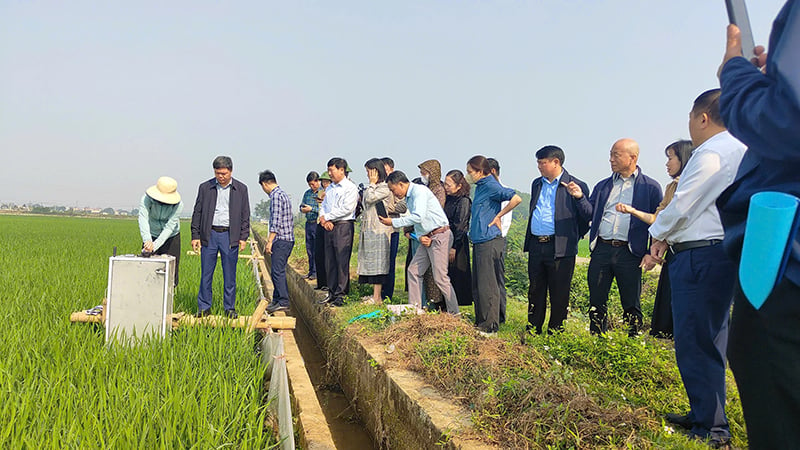








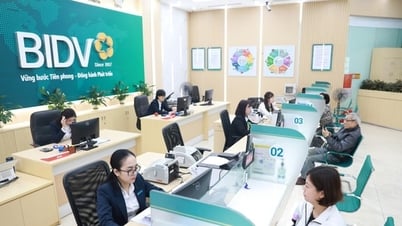



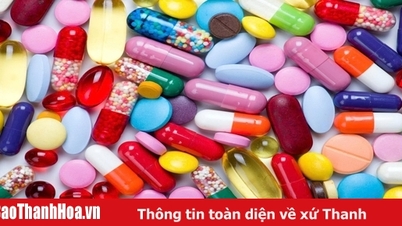
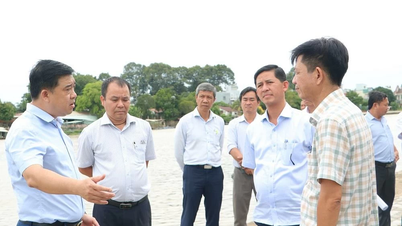






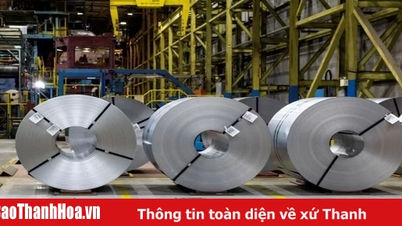
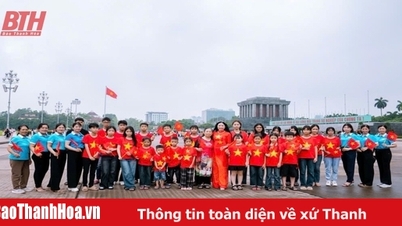

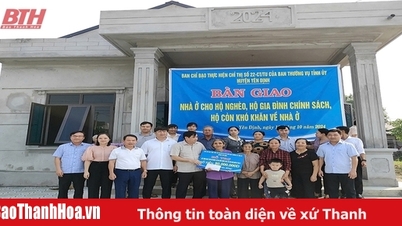
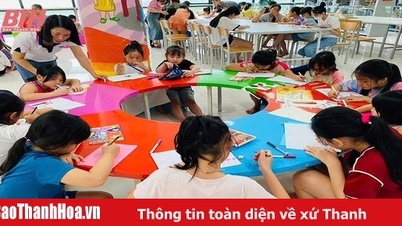
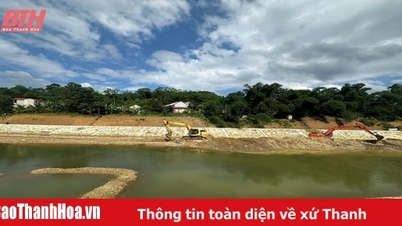


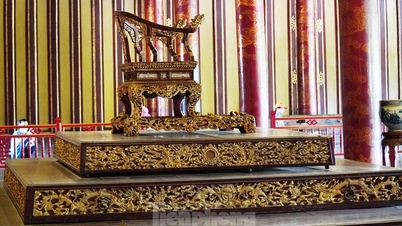






















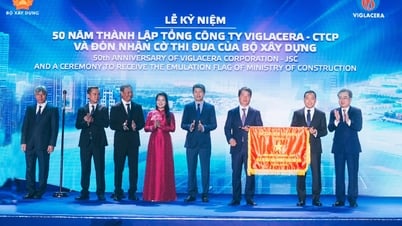
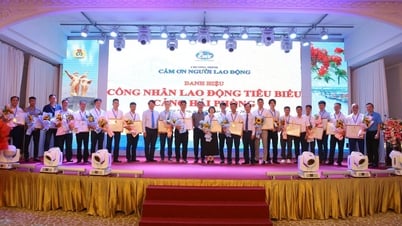
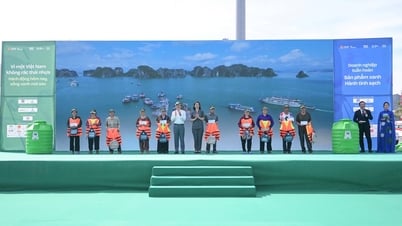



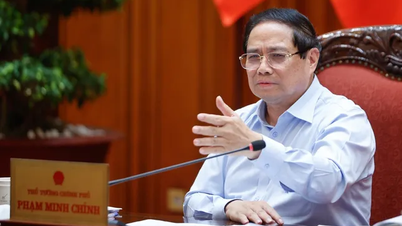


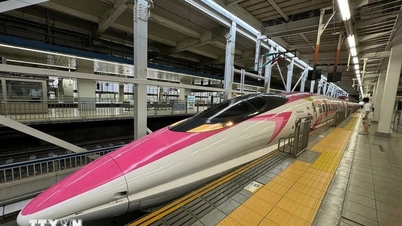

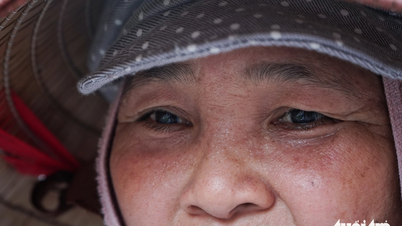

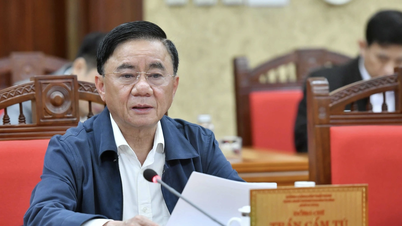
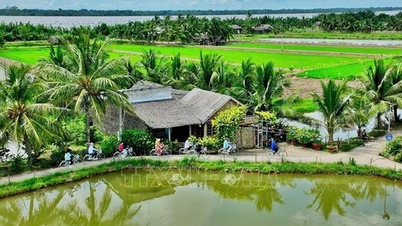


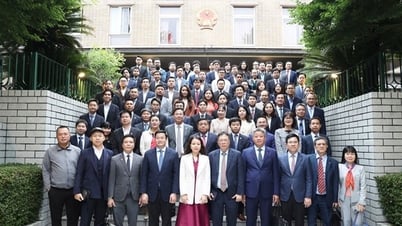


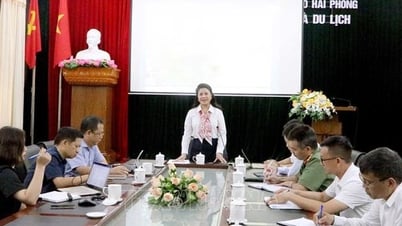



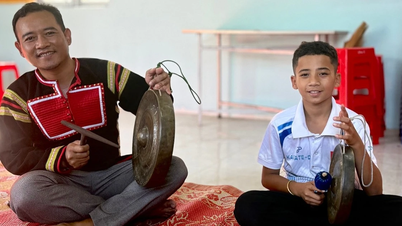



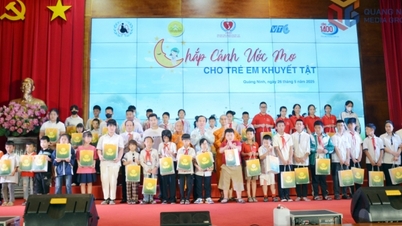

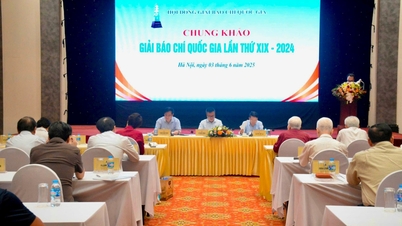

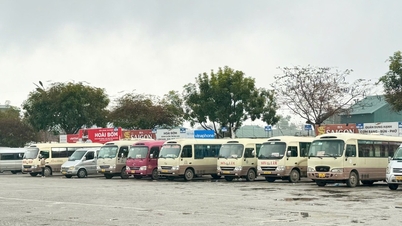
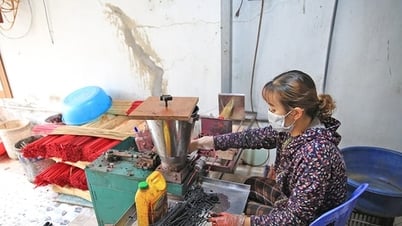








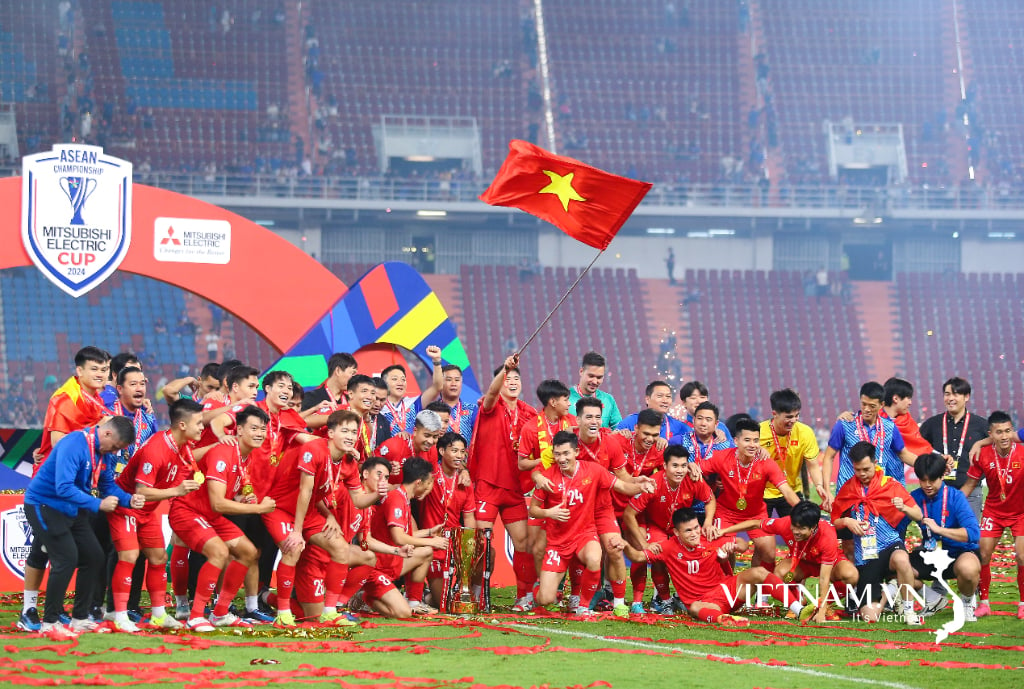

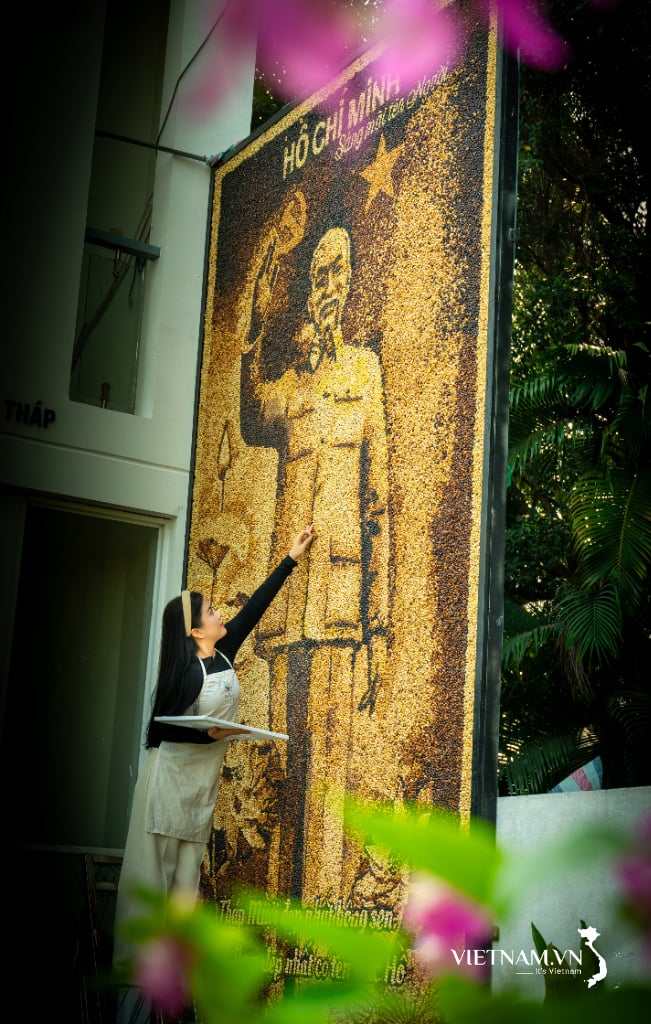
Comment (0)